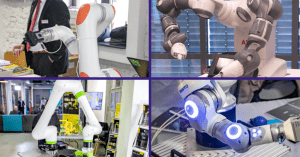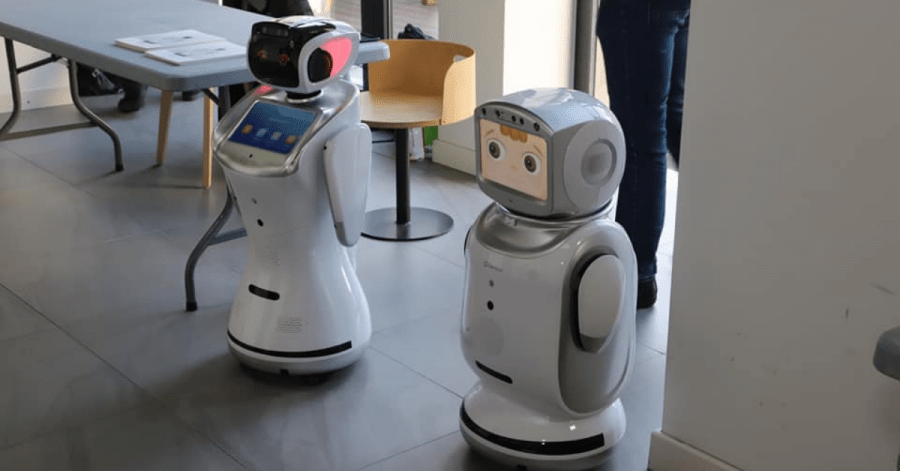To celebrate the successes of the local robotics ecosystem, The Professional Association of Robotics and Automation (PARA) is hosting the third edition of its Robotics Strategy Forum. This is the biggest robotics event in Bulgaria and it will take place on the 29th of September in Sofia Tech Park. The hybrid event will explore the growth of robot usage, industrial automation, chip, and battery manufacturing.
Attendees and visitors vary from C-level executives, founders and tech specialists, to students, and government executives. They will take a deep dive into the perspectives for the future of robotics and see how Bulgaria is advancing in the high-tech industry.
Last year, we saw that the key social topics and industry trends were connected to the global lockdown and closing of all kinds of enterprises and businesses, as well as the decreased consumption and supply. In 2021, however, this has changed, as we are now exploring how the developments of robotics and automation technologies drive the global economy.
Global trends and local developments
Before taking a detailed look into the local robotics industry, it is useful to take into consideration the global trends and latest developments. Statistics from the International Federation of Robotics (IFR), for example, highlight the rapid advancements in the robotics industry and show that the average robot density in the manufacturing industry reached a new world record of 113 units per 10,000 employees in 2019. In the meantime, the sales of industrial robots in China increased by 19%. The European Union, on the other hand, developed and adopted two major initiatives. In July this year, the Commission launched the European Alliance on Processors and Semiconductor technologies. And it is also focusing on funding innovation across the entire battery value chain with its “European Battery Innovation” project that envisions investing up to €2.9B in the coming years.
And where does Bulgaria stand in the global robotics ecosystem? On a macroeconomic level, in 2020 alone, the country exported electronics with a total amount of $3.5B. On a microeconomic level, Bulgarian robotics startups in the fields of robotic automation of processes such as RPA Consulting, industrial forecasting and analysis such as AmygdaLabs, and robotics rehabilitation such as Neurorehabilitation Robotics, raised investments from venture capital funds. In the meantime, the electronics manufacturer Melexis invested €75M in a new chip manufacturing building.
Robots Expo, Discussions about emerging trends, and Networking
During the event, the main topics of discussion will be the importance of the battery production boom and the global chip shortage, the industrial automation growth, as well as Bulgaria’s spot in these industries. The Robotics Strategy Forum will feature an expo area with 25 next-generation companies among which Festo will showcase their flying robots and Schneider Electric will show how their smart industrial solutions work in practice.
In addition, at the Expo zone, the visitors will have the chance to see some of the latest high-tech robots such as ABB’s Yumi, Animoto by Giga Automata, the CRX 101A by Fanuc, and Festo’s Bioniccobot.

Some of the speakers who will lead the discussions on emerging trends include Boyko Takov, Executive Director of the Bulgarian Small and Medium Enterprise Promotion Agency (BSMEPA), Georgi Grozdanov, Head of the Technical Engineering Center of Festo, and Kaloyan Georgiev who is a Solution Architect IoT, Automation and Energy Management Leader at Schneider Electric.







